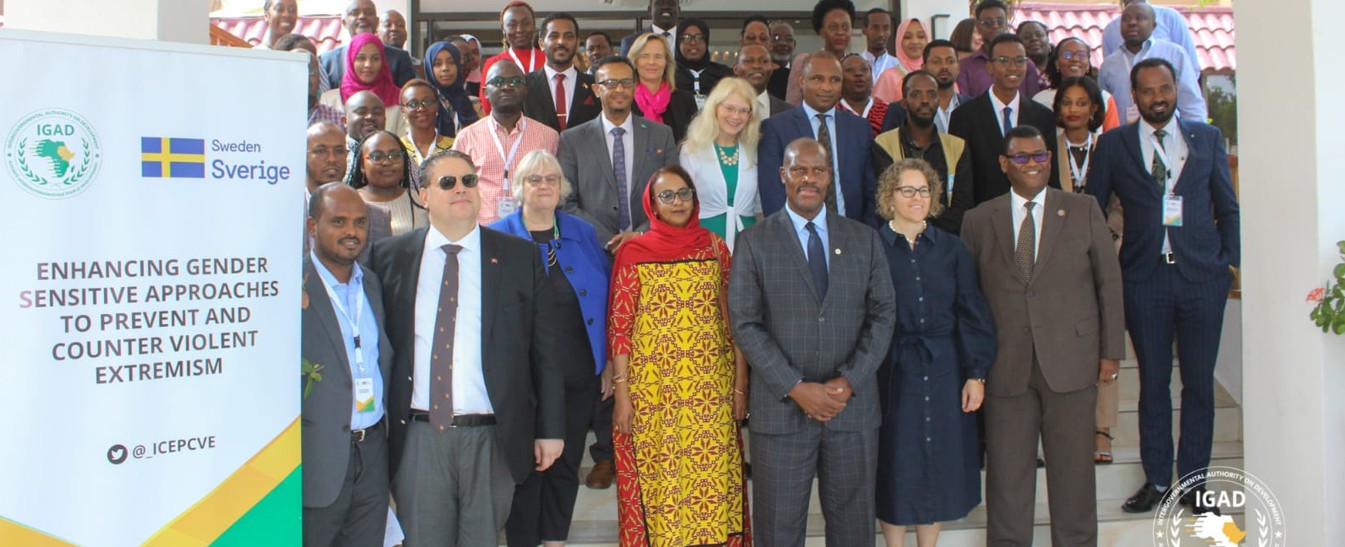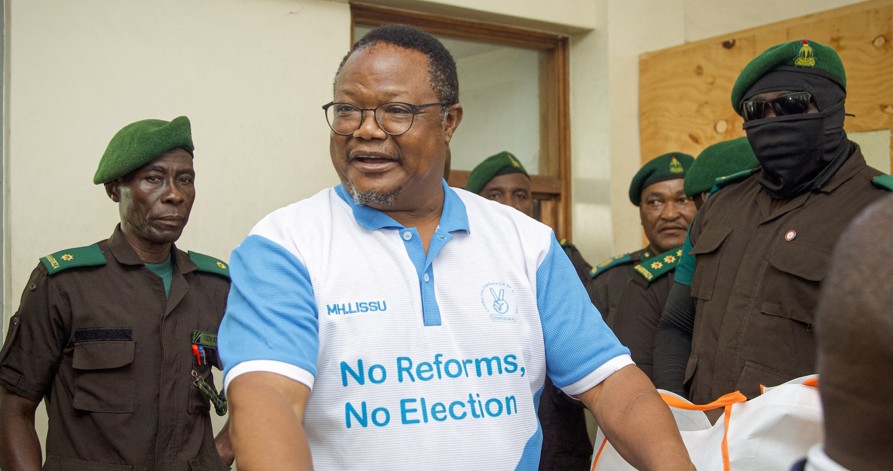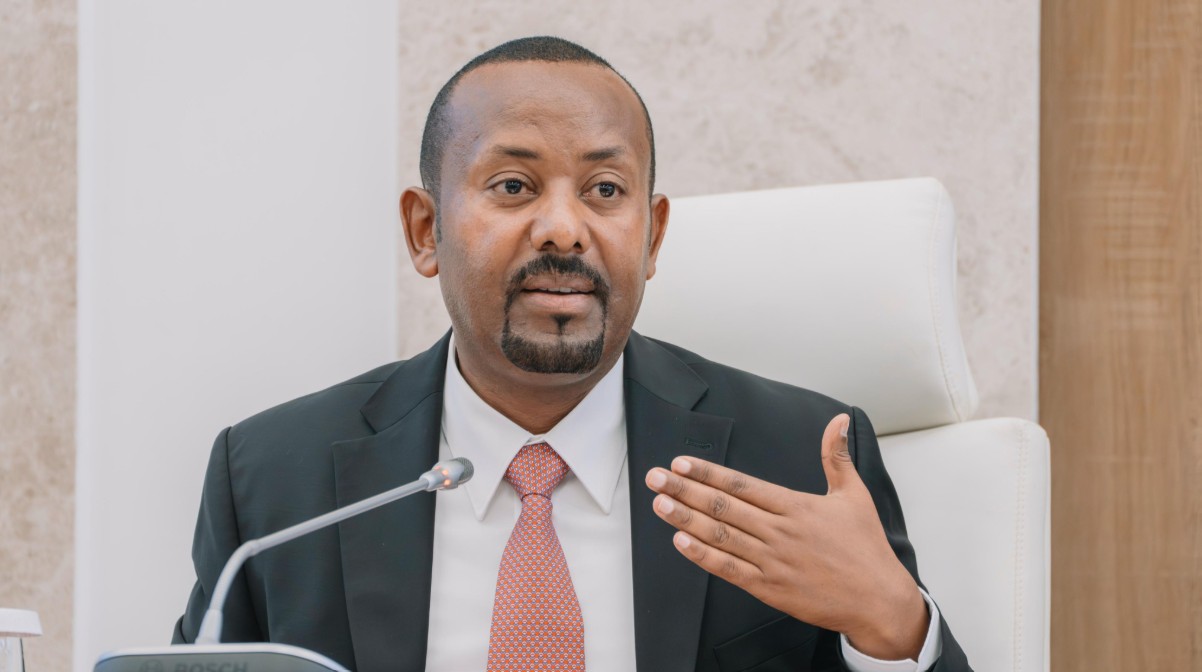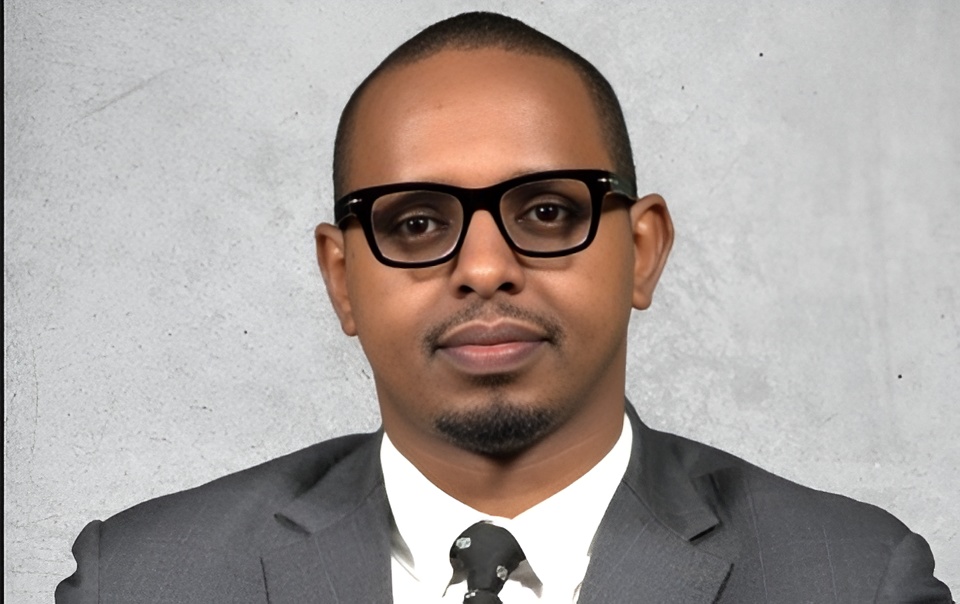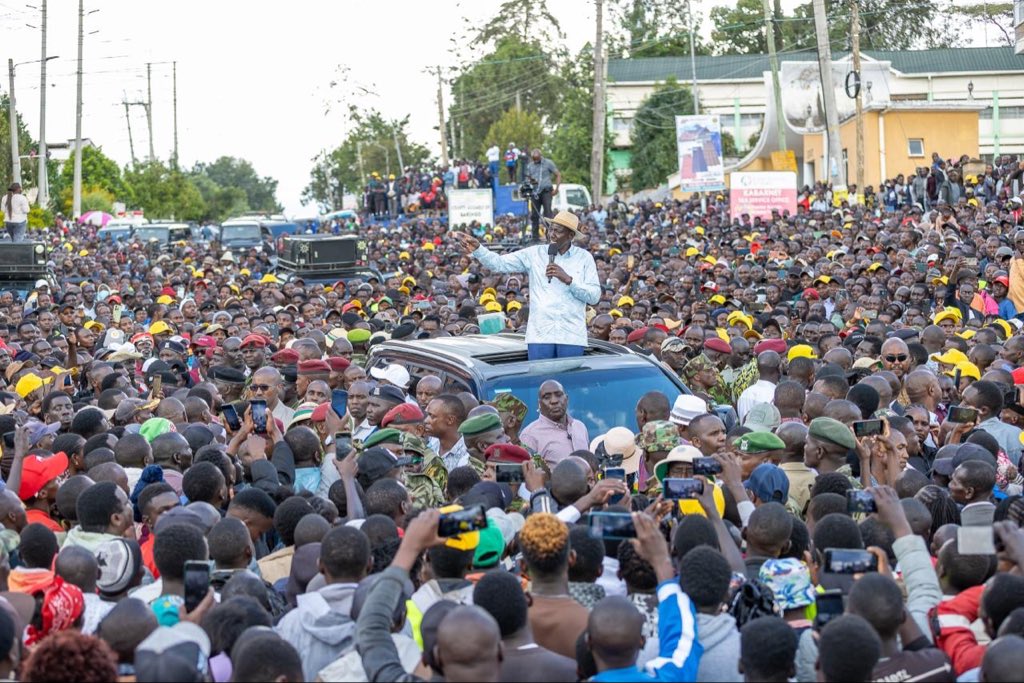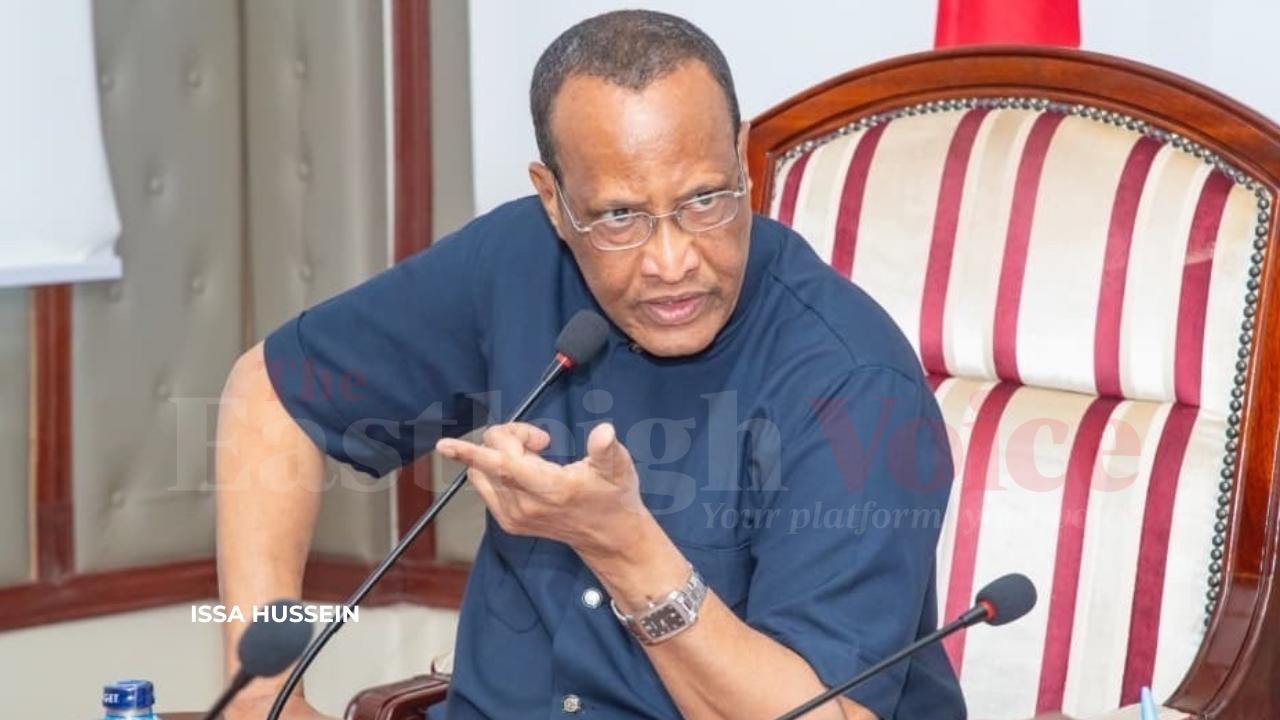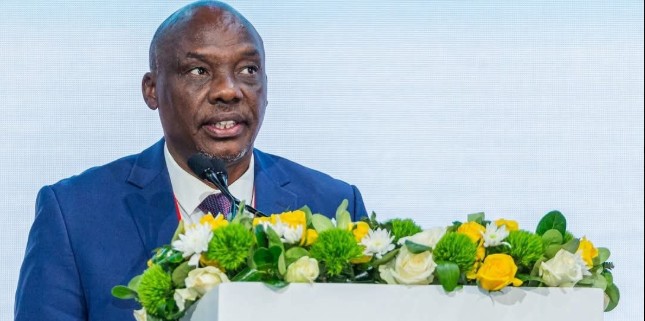New Facebook monetisation terms spark hope for Eastleigh content creators

Content makers in Eastleigh had to rely on persons with connections abroad, usually in Europe or America, to aid the monetisation process.
Following President William Ruto's recent announcement that Kenyan content creators will soon have the opportunity to monetize their videos on Facebook, a wave of excitement has swept through Eastleigh's content creator community.
Anticipation is high as creators eagerly await the prospect of earning from their content, viewing this initiative as a potential solution to their financial challenges.
More To Read
- Meta pulls the plug on Messenger desktop Apps for Windows and macOS
- Meta to use your conversations with AI chatbot for ads beginning December 16
- Most used social media platforms worldwide in 2025
- Tanzania’s social media clampdown and the elections – what’s at risk
- WhatsApp rolls out multilingual messaging with on-device translation
- Meta unveils smart sunglasses with built-in display at connect conference
Cukash Sheikh Mohamed, a leading content creator, claims that content makers in Eastleigh had to rely on persons with connections abroad, usually in Europe or America, to aid the monetisation process.
These abroad associates would set up bank accounts where Facebook payments are received. In addition, they would buy and maintain PCs with remote access software.
Each time a content creator in Nairobi wanted to upload a video to Facebook to earn money, they had to remotely access the computer abroad to do so.
This approach was not only time-consuming, but it also put Eastleigh-based creators at the mercy of their overseas partners, who might shut down the computer or withhold payments at will.
"The most painful part," Cukash lamented, "is that the person abroad has full control over when we receive our earnings. They can choose to delay or even withhold payments altogether, leaving us with no recourse."
Furthermore, trusting individuals abroad willing to assist with the monetization process proved to be a significant challenge for many content creators in Eastleigh.
Cukash and his colleagues rely on a source in Rome, Italy, who takes 50 per cent of their earnings. Cukash earned $2,000 (Sh264,000) last month, but only received half of it, the rest going to his Italian colleague.
"We have no choice but to endure this situation," Cukash said.
 Mohamed Abbas, a content creator in Eastleigh who makes money through Facebook. (Photo: Abdirahman/EV)
Mohamed Abbas, a content creator in Eastleigh who makes money through Facebook. (Photo: Abdirahman/EV)
Leading a team of over 15 content creators, they are all dependent on this single individual, each forfeiting half of their earnings.
Ahmed Abdi, another content creator, experienced a similar scenario, earning $500 (Sh66,000) from his Facebook account last month but receiving only half of that amount. While he finds the arrangement unfair, he feels powerless to change it.
"It's unjust that we all lose half of our earnings," Ahmed lamented, echoing the sentiments of many content creators.
Another content producer, Mohamed Abdirahman, expressed concerns about Facebook's censorship policies, pointing out that the social media platform regularly singles out African-based creators.
He recounted instances where Facebook revoked monetization privileges upon realizing the creators' geographical location, severely impeding their progress.
"It's disheartening when Facebook demonetises your account simply because you are in Africa," Mohamed expressed, highlighting the profound impact on their livelihoods.
Qasim Hussein has lost monetisation on several of his pages due to this kind of censorship but he never gives up.
"I make another one immediately after I lose one, making content is my life," he said.
Despite these hurdles, Cukash, Ahmed, Mohamed, and other Eastleigh content makers are committed to President William Ruto's promise of allowing Kenyan creators to directly monetise their material while in Kenya.
 President William Ruto during a meeting with the Facebook management team on monetisation, at State House, Nairobi on March 18, 2024. (Photo: PCS)
President William Ruto during a meeting with the Facebook management team on monetisation, at State House, Nairobi on March 18, 2024. (Photo: PCS)
During a presentation held at State House last month and attended by President William Ruto, Meta formerly named Facebook, unveiled plans for the introduction of Instream ads, along with various other revenue-generating features across Facebook and Instagram. These additions will encompass Facebook Stories, Instagram subscriptions, and IG gifts.
Moon Baz, responsible for Meta global partnerships in Africa, the Middle East, and Turkey, expressed enthusiasm about the forthcoming launch of Instream ads on Facebook, scheduled for early summer in Kenya.
"These ads, comprising both images and videos, will be displayed before, during, or after your videos, providing an opportunity for users to monetise and generate revenue through Facebook," Baz said.
The news has spurred hope and fresh enthusiasm among Eastleigh content creators, who are now eagerly awaiting the launch of Facebook's monetisation tool.
In response to this good news, they are poised to seize the opportunity, expecting a beneficial influence on their livelihoods and artistic ambitions.
Top Stories Today


